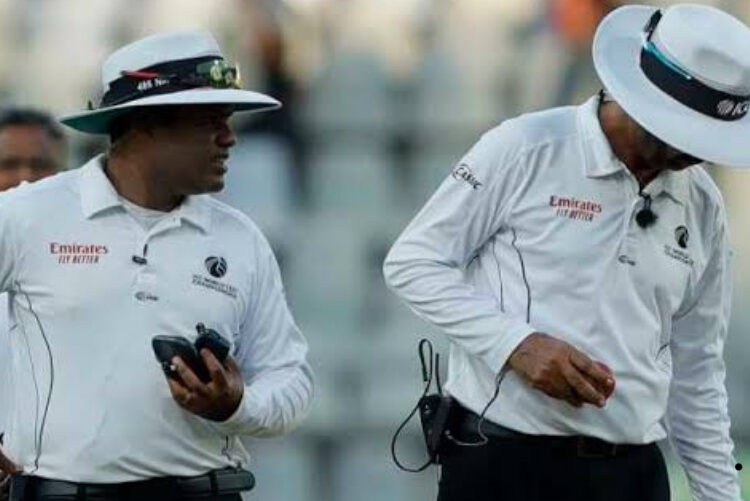The Indian cricket board (BCCI) is taking steps to regulate the participation of match officials – such as umpires and match referees – in state T20 leagues. Due to concerns from some state associations about these officials allegedly picking and choosing matches based on personal preferences, the BCCI has introduced a new rule. According to this, match officials must first seek approval from the BCCI before signing any contracts with state T20 leagues.
Once these officials apply for permission, the BCCI will review their request and consult the respective state associations where these officials are originally affiliated. Only after this verification process will the board grant the necessary permission. This move aims to ensure transparency and avoid potential conflict of interest or favouritism in officiating matches at the state level.
The measure while speaking of the BCCI’s intent to maintain integrity in these leagues while also provide a check on how match officials are assigned duties. “Some of the state bodies have complained to the board about a few errand officials who are picking matches as per their whims and fancies. This has to stop,” a top board official told CricBlogger.
The BCCI has formalised its stance by issuing written communication to all its match officials, including those officiating in prestigious tournaments like the Duleep Trophy. This directive requires all BCCI match officials to seek approval from the board before participating in any state T20 leagues or private leagues, such as the various legends leagues happening globally.
This applies not only to officials currently officiating in domestic matches but also to those considering or already involved in international or private leagues.
The board’s intent is clear—any match official found defying this order could face serious consequences. As emphasized by the source, non-compliance with the BCCI’s instructions will not bode well for the officials who disregard this protocol. This move is seen as part of the BCCI’s broader effort to maintain control over its officials and ensure consistency, professionalism, and transparency in the management of cricket across various platforms.



















 Bengali
Bengali Gujarati
Gujarati Hindi
Hindi Kannada
Kannada Malayalam
Malayalam Marathi
Marathi Punjabi
Punjabi Tamil
Tamil Telugu
Telugu
Your article helped me a lot, is there any more related content? Thanks!